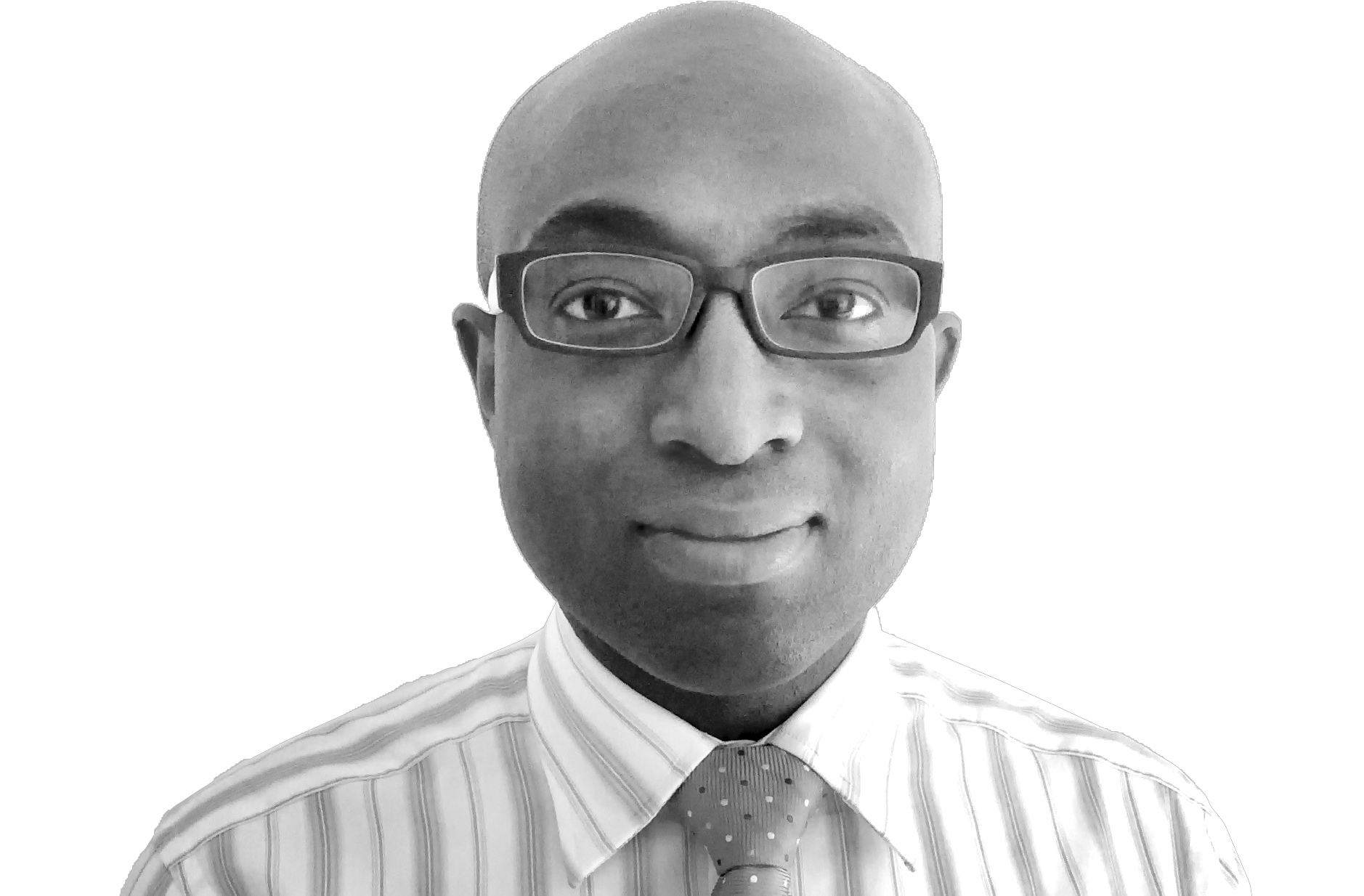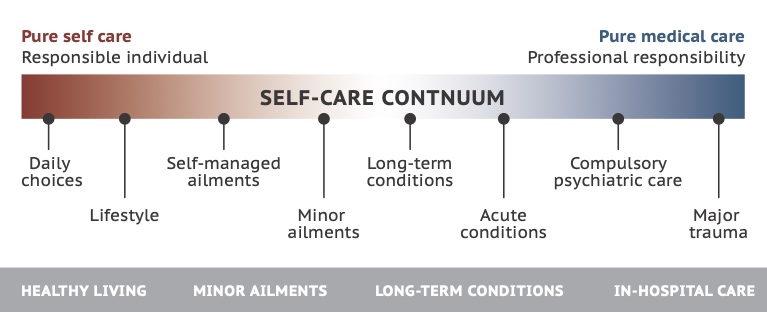A diamond in the rough
In Views
Follow this topic
Bookmark
Record learning outcomes
 By Ade Williams
By Ade Williams
In “acres of diamonds”, the American orator and storyteller Dr Russell Herman Conwell tells of a man who wanted to find diamonds so badly that he sold his property to go on a futile search for them, while the new owner discovered a diamond mine underneath it. Dr Conwell’s book and the inspirational lecture based on the story, delivered over 6,000 times around the world, earned him enough money to found Temple University in Philadelphia and establish many other civic projects.
The central theme of the story – be open to the possibilities immediately around you, and don’t let preconceived notions get in the way – seems to me to apply to pharmacy with self care. Too often, we think we need to make the case for pharmacy involvement in self care when, in fact, it’s all around us already.
The notion of self care – taking actions to protect, preserve and improve one’s own health, wellbeing and happiness, especially during periods of stress – has inspired many bloggers, podcasters and lifestyle gurus. However, the Self Care Forum’s work in unpacking its true meaning through the self care continuum (below) reveals the undeniable value and importance of pharmacy’s role as the key facilitator of self care.
The continuum illustrates self care as a sliding scale. It starts with individual responsibility: people making daily lifestyle choices, such as brushing their teeth, eating healthily or choosing to exercise. Moving along the scale, people self care with non-prescription medicines when they have common symptoms such as a sore throat or a cough.
People often self-manage a long term condition without intervention from a health professional. The Department of Health suggests people with a long term condition spend on average four hours a year with a health professional, meaning 8,756 hours spent self-managing.

At the opposite end of continuum, responsibility for care in major trauma is entirely in the hands of healthcare professionals until recovery, when self care can begin again.
It’s easy to see community pharmacy, with its social connections, sitting at the centre of these interlinked and convoluted life journeys. Everyone is a patient, caregiver, knowledge-seeking individual or a customer of our health and wellbeing product and service offer. We’re the stable constant.
The Community Pharmacy Forward View, published in 2016, espoused a vision of community pharmacy as the trusted, convenient, first port of call for episodic healthcare advice and treatment. Helping people keep well and live independently underpins self care. Even as we accelerate towards personalisation and personal responsibility, it holds true.
In a 2016 blog, Jonathan Berry, former personalisation and control specialist at NHS England, shared research that between 43 and 61 per cent of working-age adults do not understand health information. Examples from his practice of where limited health literacy had a severe impact on people’s health and wellbeing in particular, included:
- a patient who thought a positive cancer diagnosis was a good thing
- another who used an inhaler on their neck after being told to “spray it on the throat”
- a group of young women who did not know where their cervix was.
A recent PAGB survey found that 69 per cent of respondents are now more likely to consider self care as their first option. One in three were also more likely to visit a pharmacy for advice before seeking help elsewhere, compared to before the pandemic.
Embedding health and wellbeing education, symptom management and a better understanding of disease into everyday life is part of self care. At the same time, self care needs to be protected from being perceived as an NHS ‘‘no care’’ or simply a cost-saving approach.
Step forward community pharmacy. Our ownership can ensure we remain true to what self care stands for while creating a remunerative model to sustain our work. With a renewed focus on health inequalities and the challenges facing the NHS, our championing of self care remains arguably the most critical marriage of opportunity and resource, both of which are needed desperately to battle through Covid-19 and beyond.
